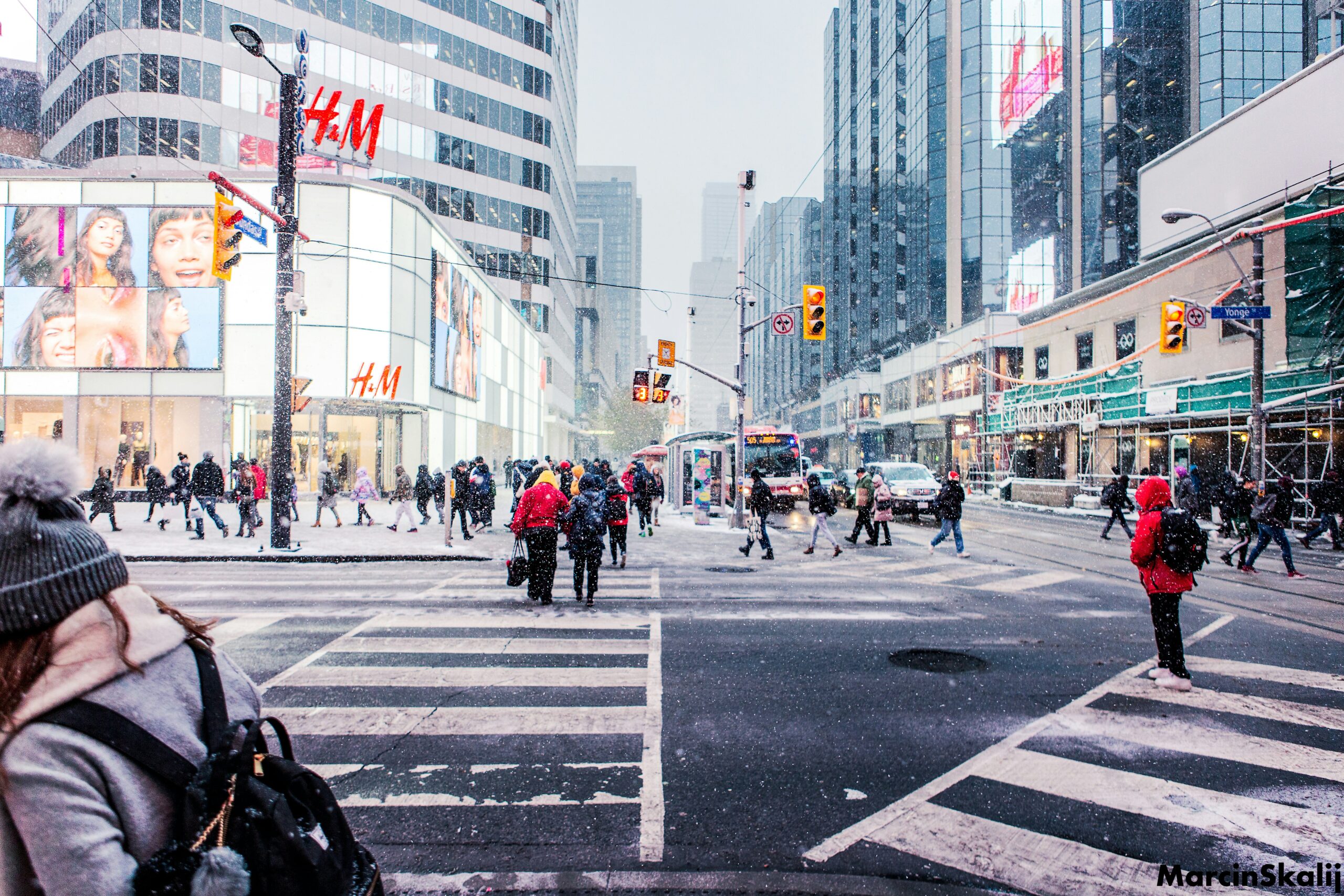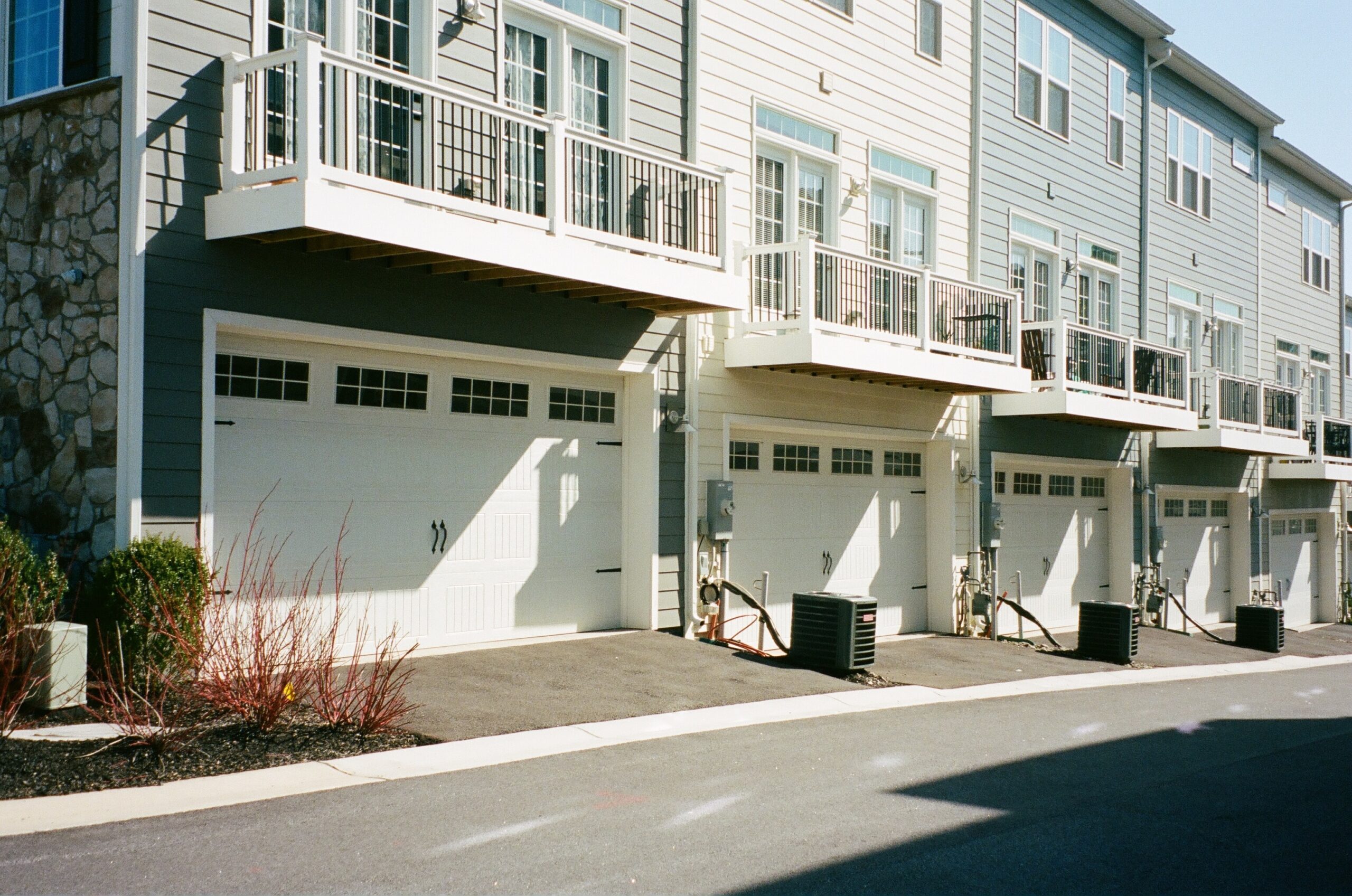Featured Guest
You’ll find this guest among our growing roll of Urban Champions.
-

Vicki Saunders
Founder, SheEO
-
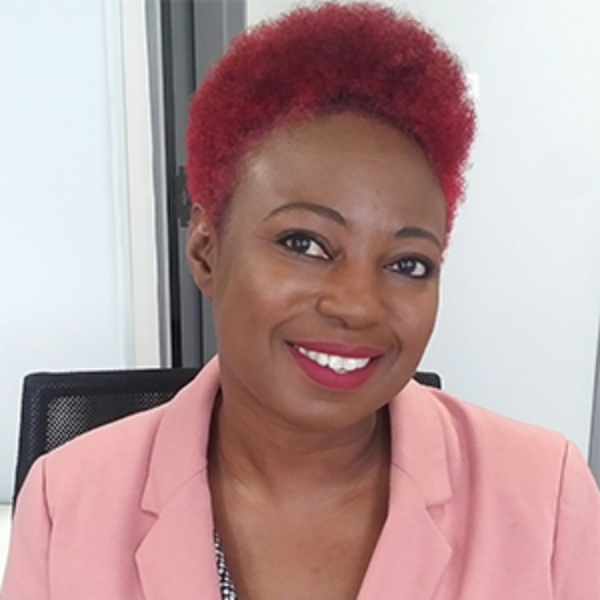
Rosemarie Powell
Executive Director, Toronto Community Benefits Network
-
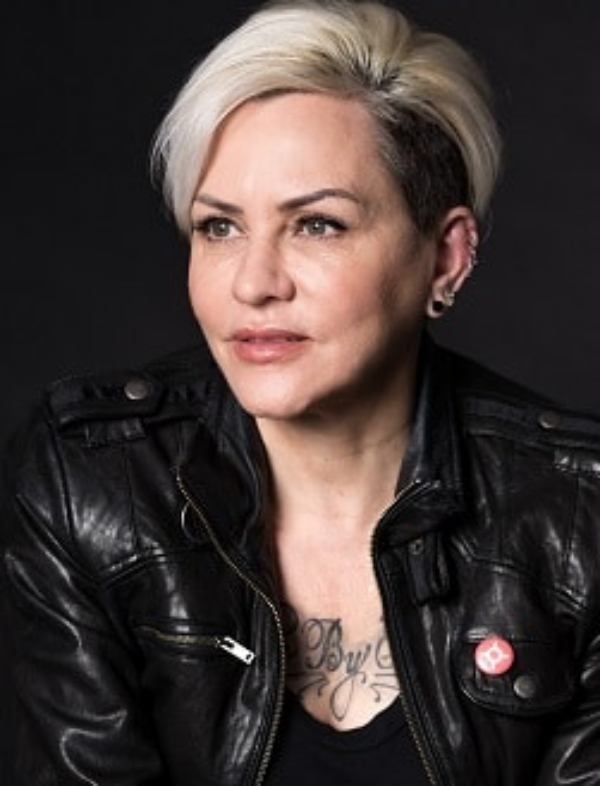
Petra Kassun Mutch
Executive Director, Innoweave
-
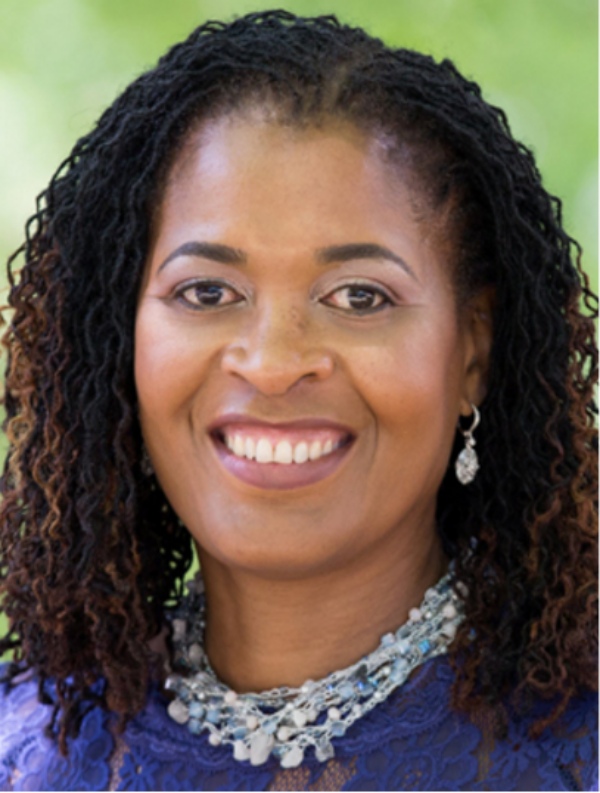
Paulette Senior
President and CEO, Canadian Women’s Foundation
-
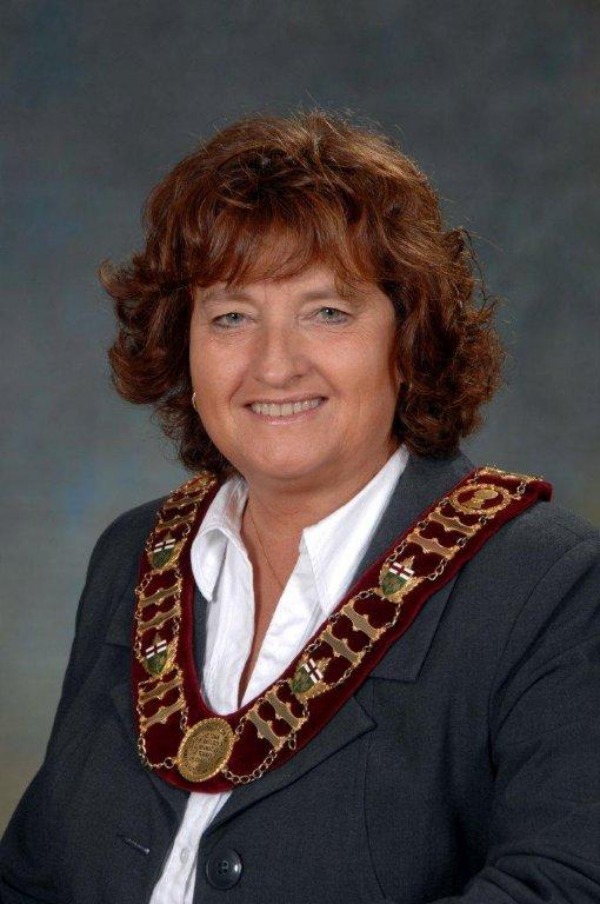
Joanne Vanderheyden
President, Federation of Canadian Municipalities & Mayor of the Municipality of Strathroy-Caradoc, Ontario
Mind the Gap:
The Post-COVID Gender Gap in Canada’s Cities
|5 Key Takeaways
A roundup of the most compelling ideas, themes and quotes from this candid conversation
Read CUI’s conversation primer, which provides a snapshot of what we know today about gender and COVID in Canada’s cities Read Here|Women are care providers: they deserve to be care receivers
Covid-19 has revealed many cracks in the foundations of our society, but none more plainly than the burden women, and disproportionately Black, Indigenous and women of colour, carry as providers of care in their communities without monetary reimbursement or structural support for their labour. Paulette Senior, president and CEO of the Canadian Women’s Foundation, points out that Canada’s care economy relies heavily on undervalued and often free time and work overwhelmingly put in by women. The time to completely reevaluate the societal importance and economic value of care is now. Women in these roles, officially and unofficially, need and deserve access to compensation and support for their caregiving.To foster prosperity, think small
As the federal government pours billions into structural and infrastructural recovery from the pandemic, much more can be accomplished than the structure themselves by thinking about where the money goes and to whom. Community benefits agreements like the ones Rosemarie Powell’s Toronto Community Benefits Network advocates for ensure that infrastructure investment money stays in and enriches the communities around the projects. Powell believes that, “people need to have the chance to be able to participate in building up their own communities”, and community benefits agreements allow community members to take active roles in the local and national recovery process. Regional, community-focused efforts to bolster women’s involvement in projects like these have a ripple effect across the entire community. As women prosper, so does everyone around them.The “greed economy” is made up. Let’s change it
The economy of Canada and the world at large is meant to serve all of us and the fact that it’s not, isn’t an unshakeable truth. The barriers that are built into our systems are increasingly obvious to see. Rethinking how we reshape our economy is needed and entrepreneurs are the people for the job. The pandemic has given entrepreneurs, particularly female entrepreneurs, a clear vision of what needs to be done away within the culture of business. This is the chance to “decolonize ourselves and to really interrogate the rules that we think we have”, says SheEO founder Vicki Saunders. Financial resources, social influence and cultural power can all be wielded by the people who start and control businesses to find who in our communities needs help or support and deliver that support, without sacrificing what it means to do good business.Confront toxic capitalism to rearrange prosperity
There are around one million self-employed women in the Canadian economy, the vast majority of whom are the sole employees of their businesses or run companies of fewer than four. Unlike male entrepreneurs, many female entrepreneurs start their own businesses out of necessity, because “they’ve had trauma in the mainstream waged environment,” as entrepreneur Petra Kassin-Mutch explains, and want to change the fundamental climate of business rather than suffer it. Woman entrepreneurs can often fall through the cracks of aid and have been during the pandemic. What’s needed is not more loans and more debt, but networks of mutual aid, gendered innovations centers, and incubators that fund innovations by people doing business outside the mainstream path of venture capital. With supports such as these, equitable redistribution of prosperity will be possible in a way “normal” capitalism cannot offer.Measure for change
Panelists resoundingly agreed that going back to the way things were is not an acceptable plan of action, both because the “old normal” simply did not serve all Canadians and because there has never been such a clear opportunity to critically examine, take apart and rebuild. While this process must partially stem from the federal government, local communities will play an enormous role. Local governments and leaders addressing the crises faced by their citizens “are well-placed to apply a gender lens to their response, recovery planning and decision making”, mayor of Strathroy-Caradoc and president of the Federation of Canadian Counties Joanne Vanderheyden says. As the level of government closest to citizens, municipalities are best positioned to make an intersectional study of how the pandemic has affected Canadians and produce comprehensive data on the subject.Full Panel Transcript
Note to readers: This video session was transcribed using auto-transcribing software. Manual editing was undertaken in an effort to improve readability and clarity. Questions or concerns with the transcription can be directed to events@canurb.org with “transcription” in the subject line.
Full Audience Chatroom Transcript
Note to reader: Chat comments have been edited for ease of readability. The text has not been edited for spelling or grammar. For questions or concerns, please contact events@canurb.org with “Chat Comments” in the subject lin
From Canadian Urban Institute: You can find transcripts and recordings of today’s and all our webinars at https://canurb.org/citytalk
00:31:33 pk mutch (she/her/elle) Tkaronto: Good morning eeveryone! 00:31:46 Vicki Saunders (she/her): Hi everyone. Joining you today from Treaty13 on Turtle Island. You can connect with me here if you’d like https://www.linkedin.com/in/vsaunders/ 00:32:03 Canadian Urban Institute: Welcome! Folks, please change your chat settings to “all panelists and attendees” so everyone can see your comments. Attendees: where are you tuning in from today? 00:32:12 Abigail Slater (she/her): Hello from Tkaranto! Treaty 13. Hello Petra and Vicki! 00:32:25 Vicki Saunders (she/her): Hi Abby! 00:32:31 Laurel Davies Snyder: Good morning from Stratford, ON. 00:33:20 Canadian Urban Institute: Today’s session is hosted jointly by the Canadian Urban Institute and the Pay Equity Commission of Ontario, and made possible by the generous support of Libro Credit Union and Advanis. 00:33:27 Sarah Kaplan: Greetings from Cape Cod, Massachusetts, the traditional lands of the Wmanoag and Nauset peoples. 00:33:35 pk mutch (she/her/elle) Tkaronto: You can find our magazine at www.liisbeth.com. You can connect with me at petra@eve-volution.com 00:33:47 pk mutch (she/her/elle) Tkaronto: @sarahK HELLO! Grea to see you here! 00:33:59 pk mutch (she/her/elle) Tkaronto: You too @abby! 00:34:30 Canadian Urban Institute: MIND THE GAP: The Post-COVID Gender Gap in Canada’s Cities: https://canurb.org/wp-content/uploads/Mind-The-Gap-CUI.pdf 00:35:48 Canadian Urban Institute: Connect with today’s panel: Petra Kassun-Mutch, News Media Entrepreneur @MsEveVolution Rosemarie Powell, Executive Director, Toronto Community Benefits Network @ros_powell https://www.linkedin.com/in/rosemariepowell/ Vicki Saunders, Founder, SheEO @vickis https://www.linkedin.com/in/vsaunders/ Paulette Senior, President and CEO, Canadian Women’s Foundation @PauletteSenior1 https://www.linkedin.com/in/paulette-senior-80b3365/ Joanne Vanderheyden, President, Federation of Canadian Municipalities & Mayor of the Municipality of Strathroy-Caradoc, Ontario @mayorjoannevdh https://www.linkedin.com/in/joanne-vanderheyden-3bb27240/ 00:36:28 Rosemarie Powell: Great to be among everyone today! Looking forward to a robust conversation 00:36:50 pk mutch (she/her/elle) Tkaronto: PK on linked in https://www.linkedin.com/in/evevolution/ 00:41:14 pk mutch (she/her/elle) Tkaronto: https://liisbeth.com/oecd-releases-report-on-entrepreneurship-policies-through-a-gender-lens/ 00:41:34 pk mutch (she/her/elle) Tkaronto: https://liisbeth.com/the-feminist-recovery-strategy/ 00:42:43 Laurel Davies Snyder: “Everything in this world is made up” – such a critical thing to realize. thank you Vicki Saunders. 00:49:04 Abigail Slater (she/her): @rosemarie it is so important to broaden the participation of women and others in infrastructure and building community. Such an important perspective that must be included at decision making levels. 00:51:25 Laurel Davies Snyder: From my current role as a municipal planner, I see a need to have a new perspective before projects are even defined. 00:54:32 Vicki Saunders (she/her): totally agree laurel. we need to decondition ourselves and our thinking to create a world that benefits all vs find ways to level the playing field – we have a huge chance now to reimagine what we want the world to look like in the future given the fact that we now seeing the systemic barriers laid bare. 00:56:01 Vicki Saunders (she/her): thanks for the context Petra 00:56:42 Matthew from St. Catharines: Re: construction industry: I agree that women should be welcomed to work in construction; as a member of the city of St. Catharines Accessibility advisory committee I feel obligated to emphasize that Accessibility is of ongoing relevance in construction in terms of building accessibility into our built infrastructure…. Thanks from Matthew in St. Catharines Ontario. Shout out to the awesome Dr. Kate Graham 😀 00:59:35 pk mutch (she/her/elle) Tkaronto: You might all be interested this report released yesterday by Amoye Henry, founder of Pitch Better, on the current state of Black women entrepreneurs in Canada–https://drive.google.com/file/d/1A5cqnYOa3E0nyBWFec_6DDWUWaQOmq8N/view 01:00:32 Abigail Slater (she/her): Women live longer so this impact of lower pension and overall earnings as they age alone is amplified. Thank you Mayor. 01:03:59 pk mutch (she/her/elle) Tkaronto: The Pandemic Study for women entrepreneurs showed tht women surveyed felt the mental health impact will affect them for 3 years or more 01:07:26 Laurel Davies Snyder: I vote for a new system. 01:07:33 Laurel Davies Snyder: 🙂 01:10:56 Vicki Saunders (she/her): if you want to learn more about sheeo.world you can checkout our site. we are funding women working on the World’s To Do List – creating new solutions and approaches. We have 107 brilliant examples of next generation ideas led by women and non-binary folk, 60% of whom are indigenous, black and women of colour. We are getting capital and resources into those who have been put to the margins in the past…many of us, by not having been in the center, have unique lenses on how to create more equitable systems that work for all. 01:11:47 Vicki Saunders (she/her): we are so grateful for the work of the Canadian Women’s Foundation. 01:12:09 Vicki Saunders (she/her): this would be a great shift in our policies Paulette 01:15:26 Paulette Senior: Check out our Resetting Normal Papers https://canadianwomen.org/resetting-normal/ 01:18:18 Vicki Saunders (she/her): buh bye – toxic capitalism. 01:18:53 Paulette Senior: At the Foundation we have an Investment Readiness Program (IRP) to support women’s and gender diverse social entrepreneur organizations initiatives. Check out our website: www.canadianwomen.org 01:19:48 Vicki Saunders (she/her): i would love to talk to you about the IRP Paulette. It would be great if you could work with orgs like ours to flow through to our Ventures so they each don’t have to apply individually 01:19:51 pk mutch (she/her/elle) Tkaronto: Let’s not just build back better….let’s build back FEMINIST! 01:20:30 Laurel Davies Snyder: Unfortunately, many municipal ec dev “strategies” support and reward traditional systems of capitalism. I am continuing to ask questions about this and propose alternatives wherever I work. To me, great opportunity for a town, village, etc. to create a place that supports this new system. 01:24:47 pk mutch (she/her/elle) Tkaronto: YES! @Rosemarie! Community folks at the table. We don’t often consult with community leaders and ordinary women entrepreneur who have policy smarts that institutional leaders may not have by virtue of on the ground lived experience 01:25:07 pk mutch (she/her/elle) Tkaronto: Nothing for us without us! 01:25:30 pk mutch (she/her/elle) Tkaronto: Awesome story! The future looks like this…. 01:25:49 Canadian Urban Institute: Today’s session is hosted jointly by the Canadian Urban Institute and the Pay Equity Commission of Ontario, and made possible by the generous support of Libro Credit Union and Advanis. Keep the conversation going #CityTalk @canurb You can find transcripts and recordings of today’s and all our sessions at https://www.canurb.org/citytalk 01:26:22 Canadian Urban Institute: Join us at 1:00pm ET for our next session “Big Ideas to Close Canada’s Urban Gender Gap”, where we will provide a summary of what advocates, experts and policy makers in Canada are currently doing to improve the wellbeing of women and girls – and showcase efforts emerging out of COVID towards achieving gender equity. Register here: https://us02web.zoom.us/webinar/register/WN_GYiKLKutTlCdK8hBccNwEw 01:26:30 Laurel Davies Snyder: Thank you for this. Inspiring. Can we have a follow-up discussion to this in a few months? 01:27:40 Vicki Saunders (she/her): If you have come here to help me, you are wasting your time. But if you have come because your liberation is bound up with mine, then let us work together. This quote has served as a motto for many activist groups in Australia and elsewhere. Lilla Watson – Wikipedia 01:28:02 Sarah Kaplan: Fantastic discussion all! So great to see you all on the screen. “Feminist means it is better for everyone.” “Redefine what we value.” “Create stories.” “Leave no one behind.” 01:28:07 pk mutch (she/her/elle) Tkaronto: https://liisbeth.com/creative-power-sex-gender-based-innovation/ 01:28:57 pk mutch (she/her/elle) Tkaronto: Childcare will help women enterpreneurs–but we need to make sure we craft an implementation method that meets their needs (Weekends, nights) 01:29:26 Abigail Slater (she/her): We cannot be afraid to try new things in childcare. If some don’t work try new things. 01:29:40 Vicki Saunders (she/her): thank you everyone. 01:29:45 Vicki Saunders (she/her): thank you Kate! 01:30:00 Abigail Slater (she/her): Awesome panel thank you all. 01:30:13 pk mutch (she/her/elle) Tkaronto: Thank you SOOO Much CUI and everyone! Was great to talk about these things! Let’s continue to dismantle systems. 01:30:17 pk mutch (she/her/elle) Tkaronto: And build new one! 01:30:41 Abigail Slater (she/her): Yes!!! 01:30:46 pk mutch (she/her/elle) Tkaronto: OH! Women founders pay themselves less than male founders. Gender pay gap is 27% 01:30:59 kristina driedger: thank you!!!

